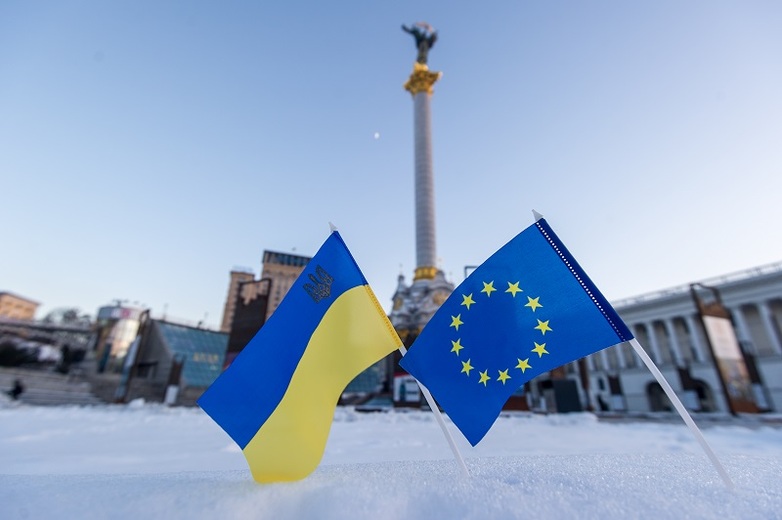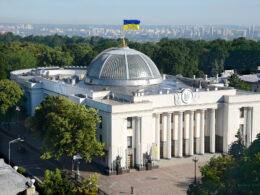On 8 December, the parliament of Ukraine (the Verkhovna Rada) passed bills required for Ukraine's integration into the European Union, Ukrainska Pravda reported.
The newly adopted laws increase the staff of the National Anti-Corruption Bureau of Ukraine (NABU), expand the powers of the National Agency on Corruption Prevention (NACP), and regulate the rights of national minorities in Ukraine.
The Verkhovna Rada also adopted a law that separates the Specialized Anti-Corruption Prosecutor's Office (SAPO) into a separate prosecutorial body, which is supposed to boost the effectiveness of the fight against corruption among top-ranking officials in Ukraine.
According to the law on the SAPO, the Special Anti-Corruption Prosecutor's Office will be removed from the structure of the Prosecutor General's Office of Ukraine and reorganized into a separate prosecutorial body within the general system of prosecutorial bodies with the status of a separate legal entity.
Why Ukraine’s wartime anti-corruption quest gives ground for cautious optimism
In addition to separating the SAPO into a separate body, the law improves the procedure for competitive selection of prosecutors and management. It also provides for new mechanisms of disciplinary control and external audit of the SAPO. The law was voted for by 298 out of 401 MPs of the Ukrainian parliament.
On Friday, President of Ukraine Volodymyr Zelenskyy signed into law the bills on the NABU, the NACP, the SAPO, and national minorities, which were approved by parliament the same day, to implement the European Commission's recommendations.
The law on the NABU increases the maximum number of staff of the National Anti-Corruption Bureau of Ukraine from 700 to 1000 people. The law on the NAPC provides for the National Agency for the Prevention of Corruption to verify the property of Ukrainian officials acquired before public service without prejudice to the rules applicable to national security during martial law. The amendments to the time limit for investigation before serving a suspicion are canceled. During martial law, a period of 30 months was set for investigation before serving suspicion (now this restriction is canceled).
The newly adopted law No. 10288-1 on amendments to legislation on national minorities that take into account the recommendations of the European Commission provides that:
- private universities can freely choose the language of instruction, which is the official language of the EU, if they also offer teaching of the Ukrainian language as a separate discipline;
- in classes with instruction in minority languages that are official languages of the EU, the right to use the minority language along with the state language in the educational process is guaranteed.
On 8 November 2023, the European Commission recommended opening accession talks with Ukraine but stipulated four requirements for such a decision. By adopting the laws that increase the staff of the NABU, expand the powers of the NACP, and regulate the rights of national minorities, Ukraine has met three out of four requirements of the European Commission necessary for further progress toward EU membership.
Thus, Ukraine needs to adopt the law on lobbyism to comply with all four requirements of the European Commission. It also needs to be clarified whether all three of today's adopted laws meet the recommendations of the European Commission in full.
Related:
- How can Ukraine make anti-corruption institutions more effective? Top judge explains
- US establishes Ukraine aid corruption detection institution
- Court orders arrest of US-sanctioned oligarch Kolomoyskyi with bail option
- Ukraine's key anticorruption body finally gets a chief; key watchdog is unhappy





